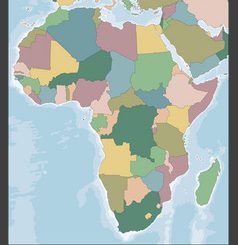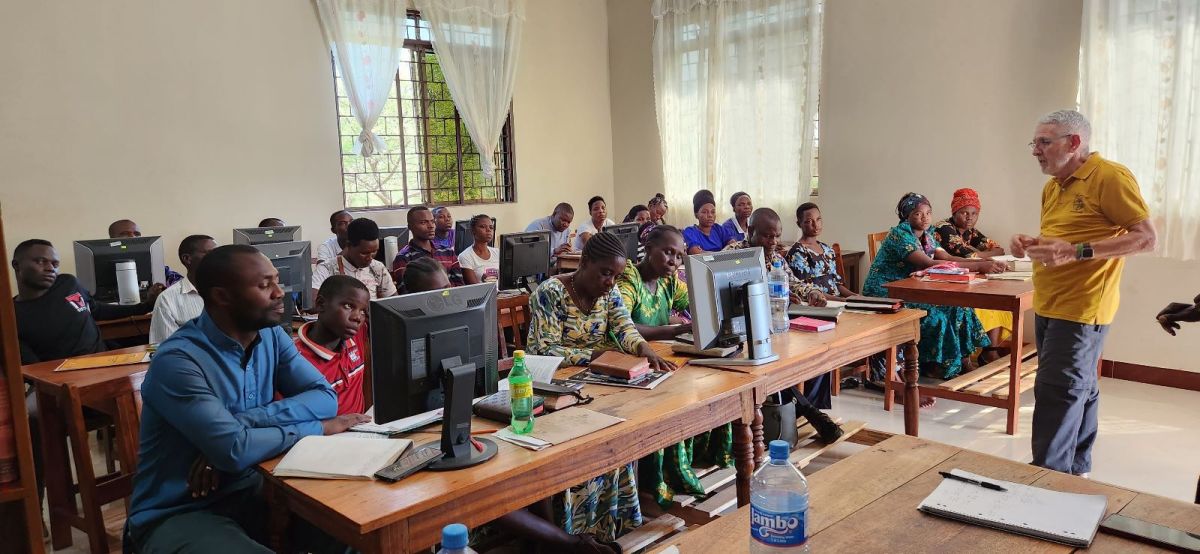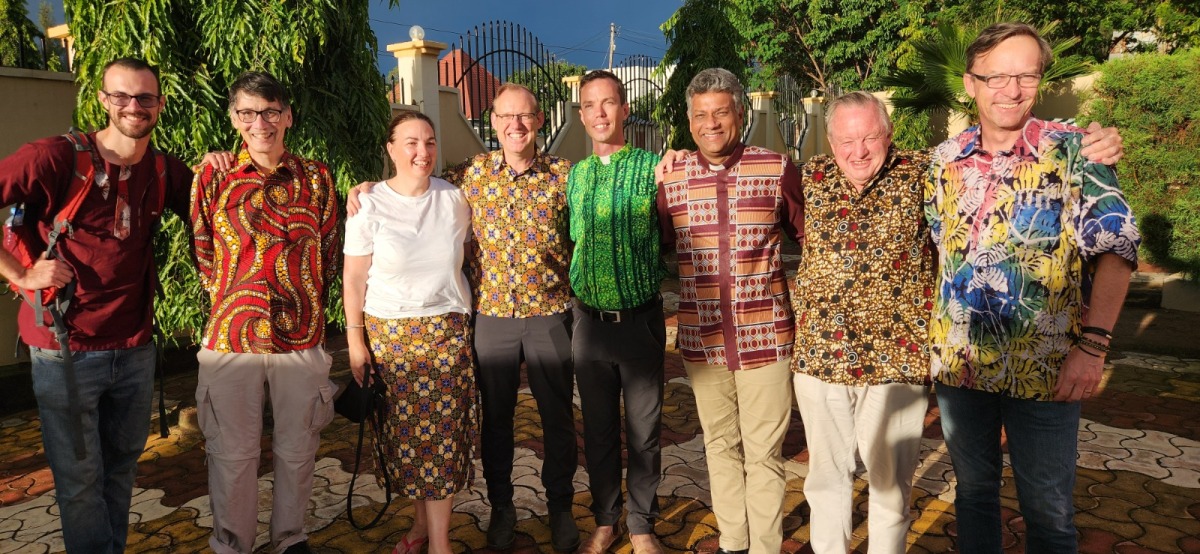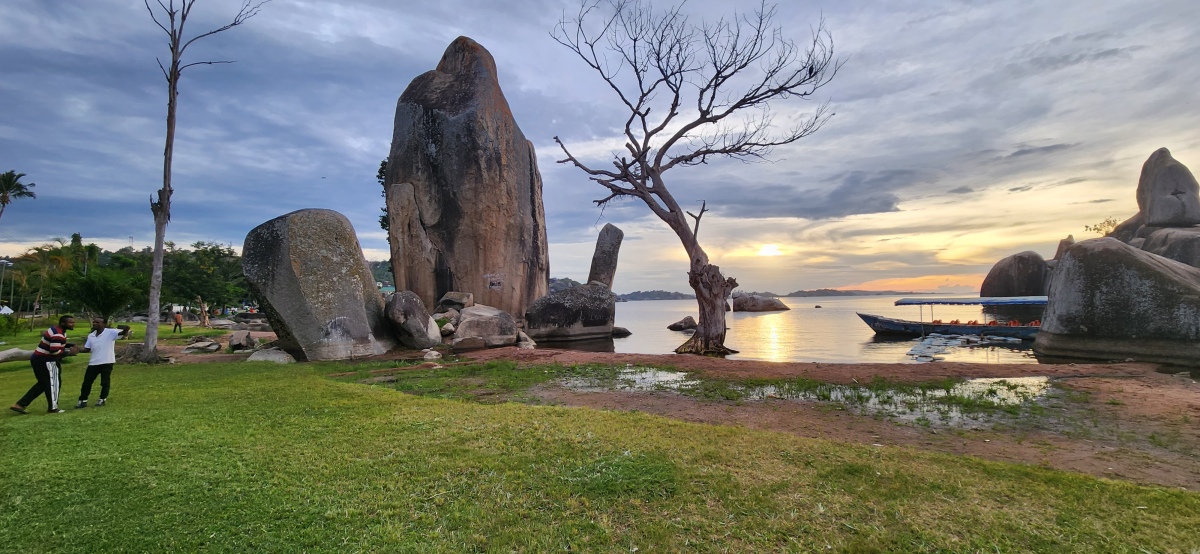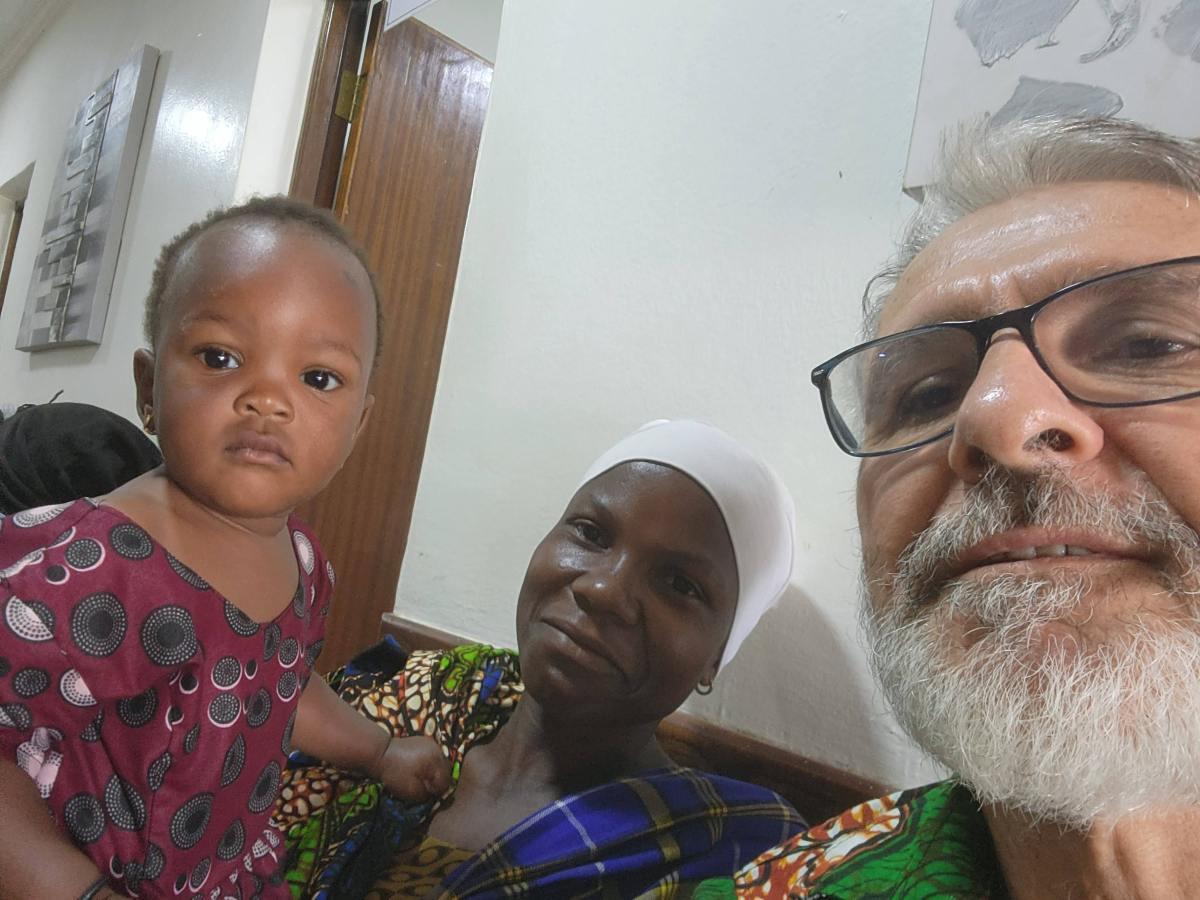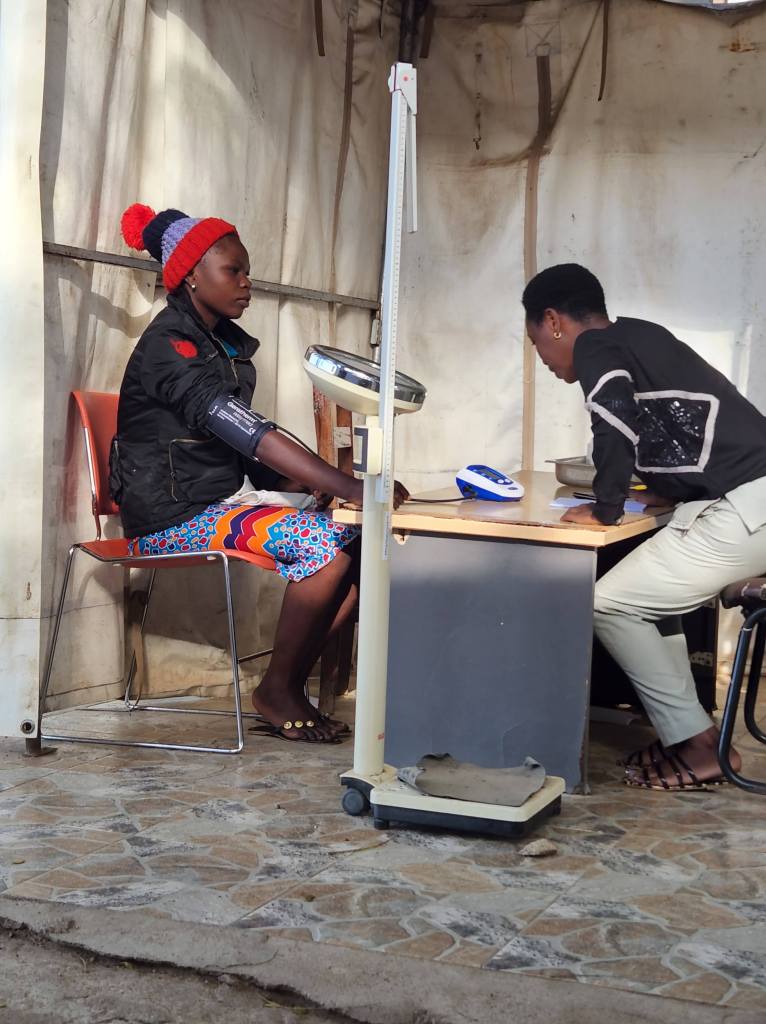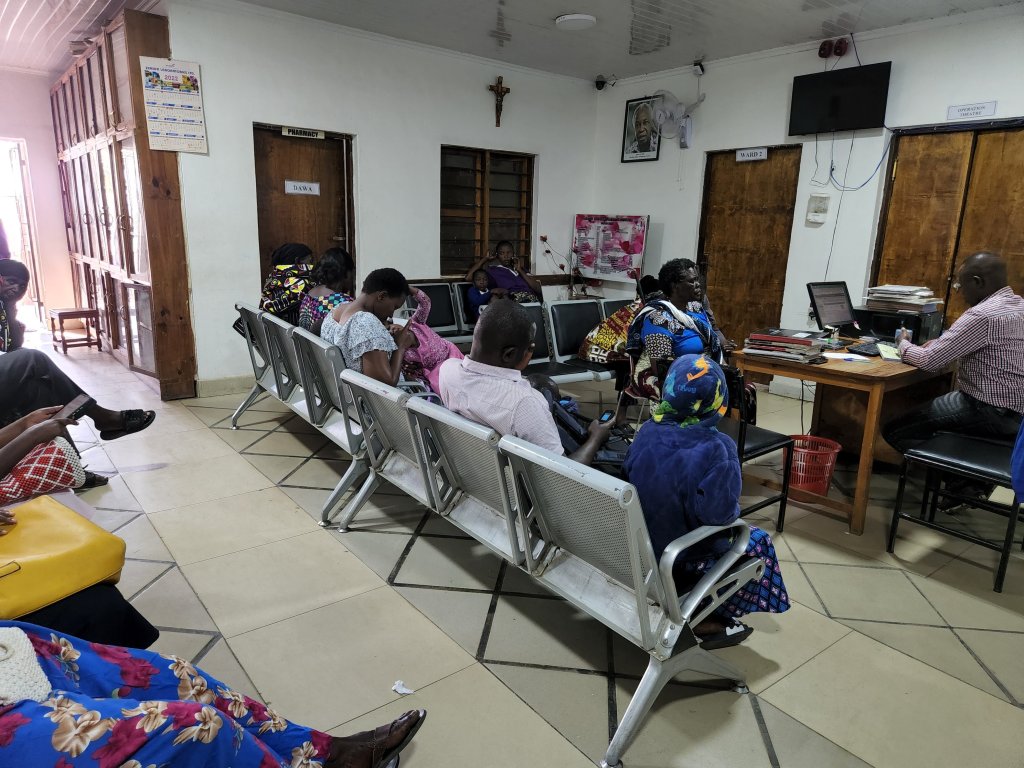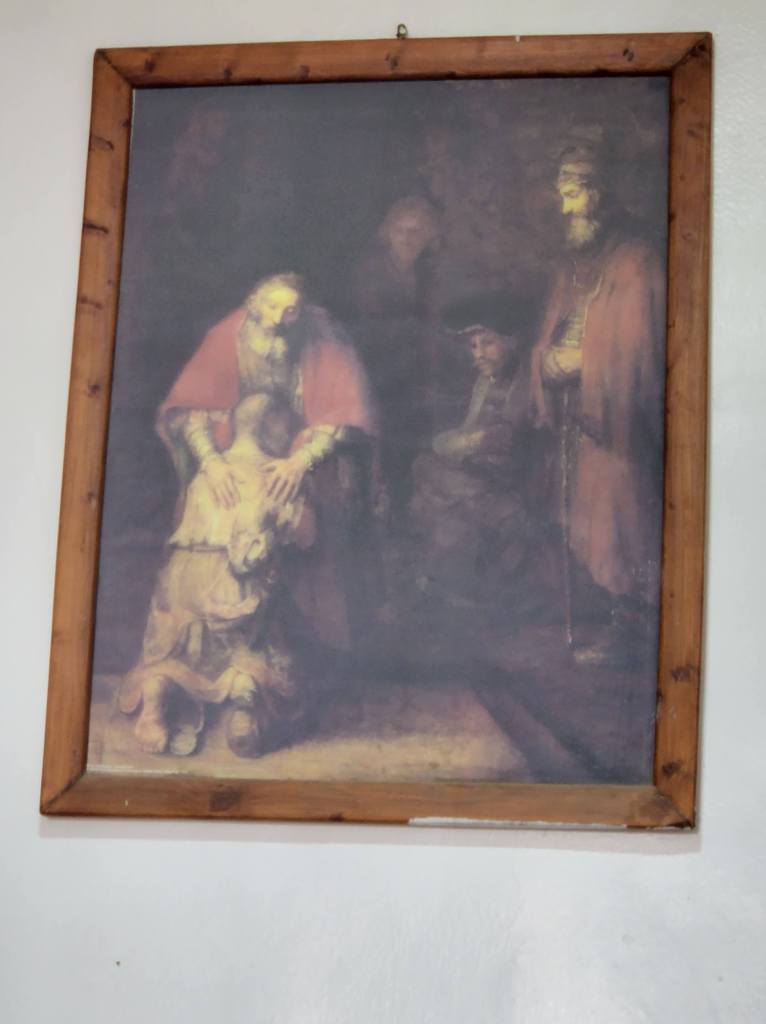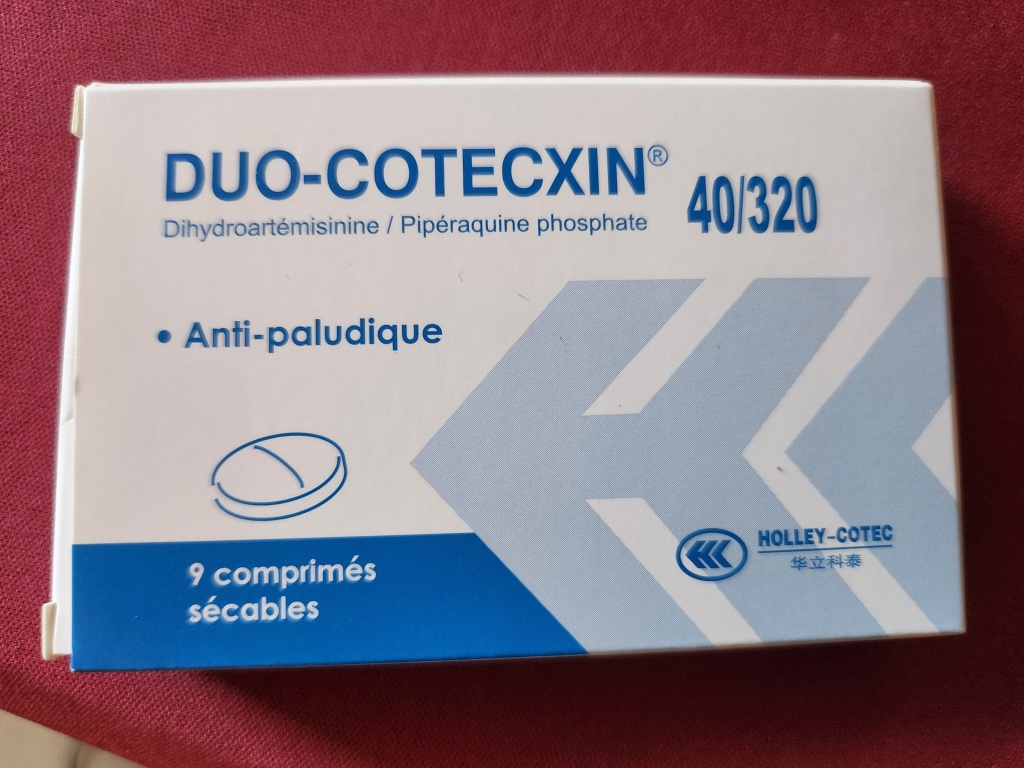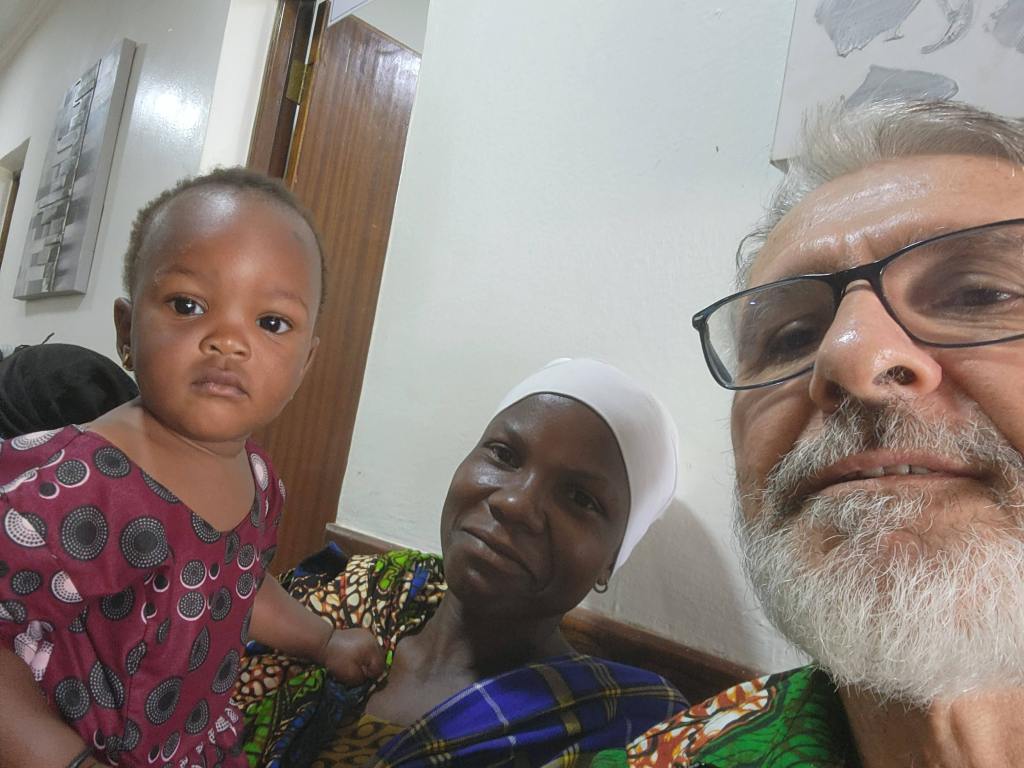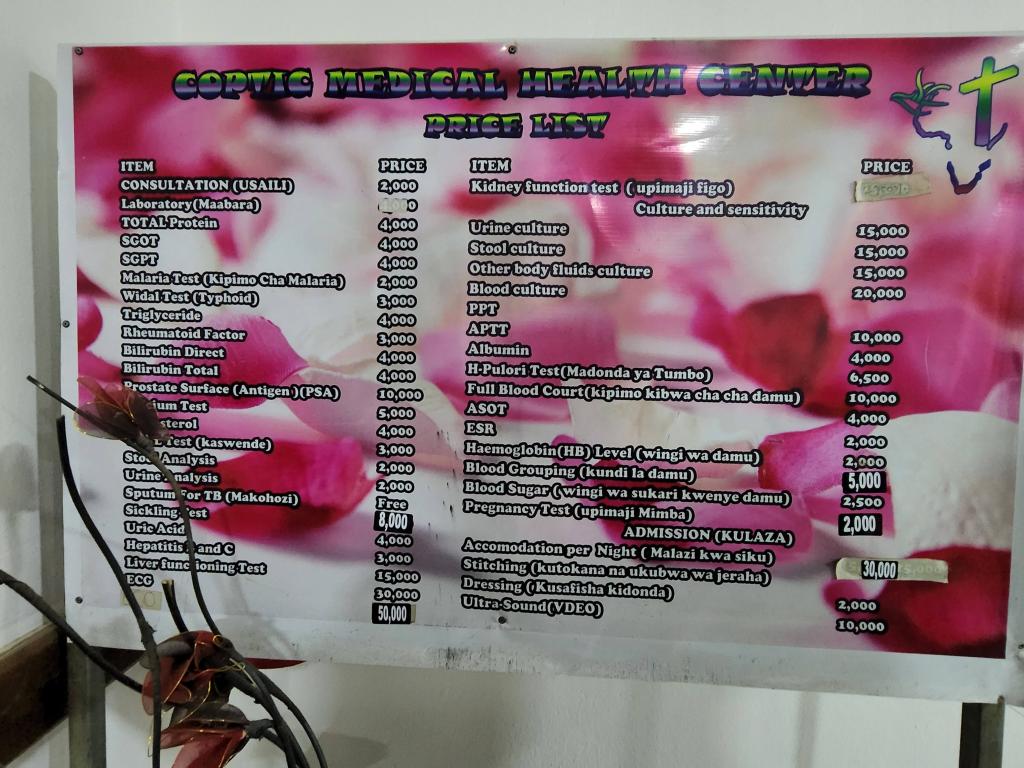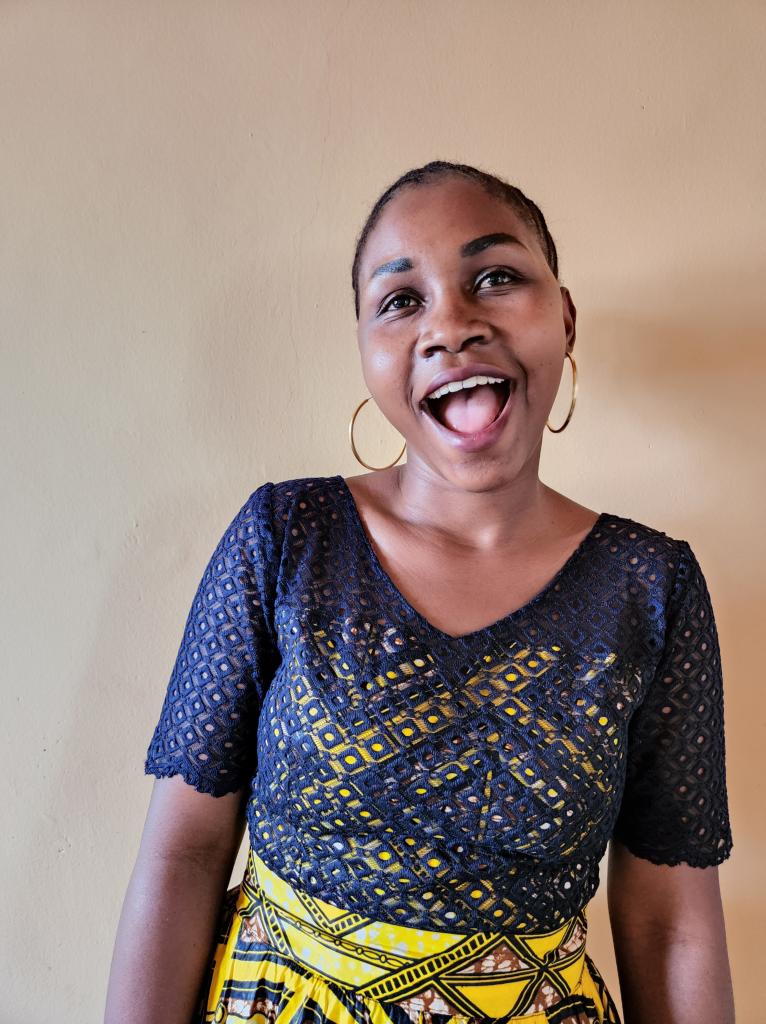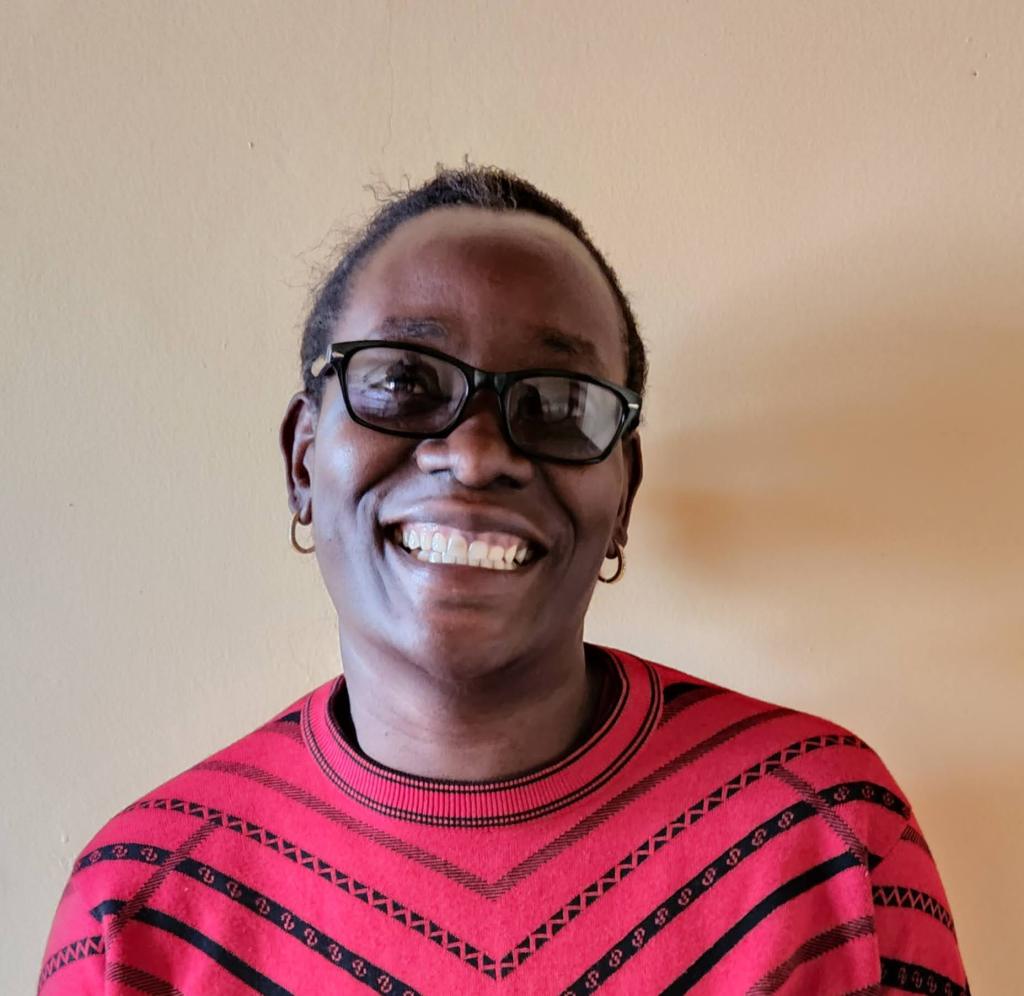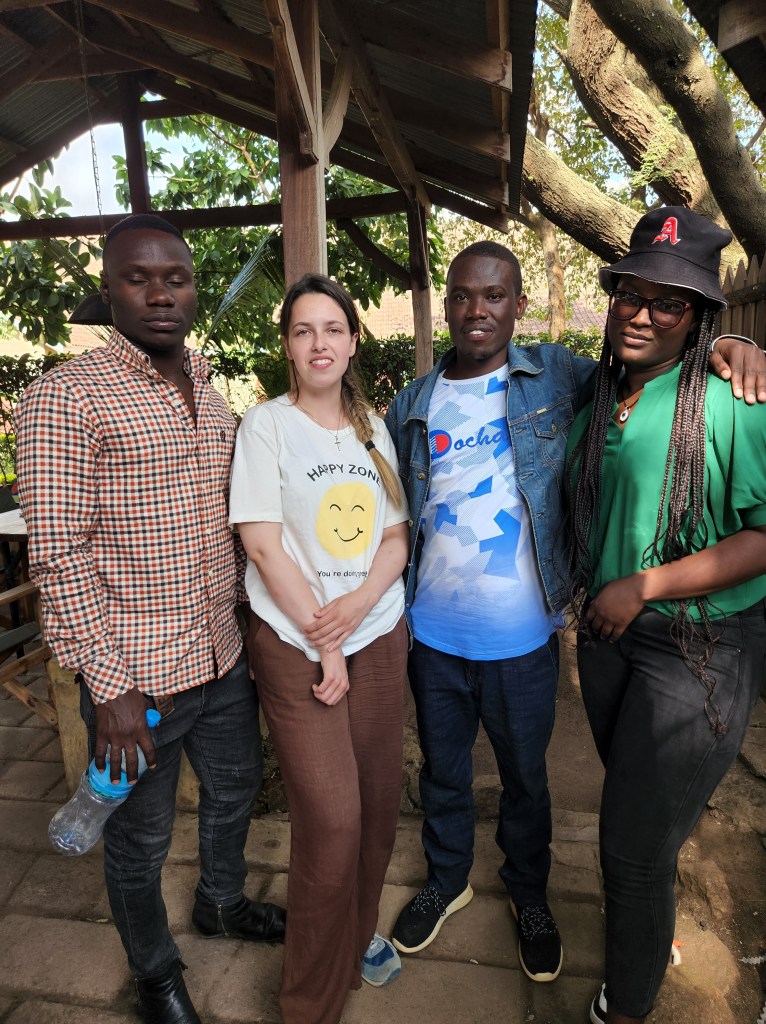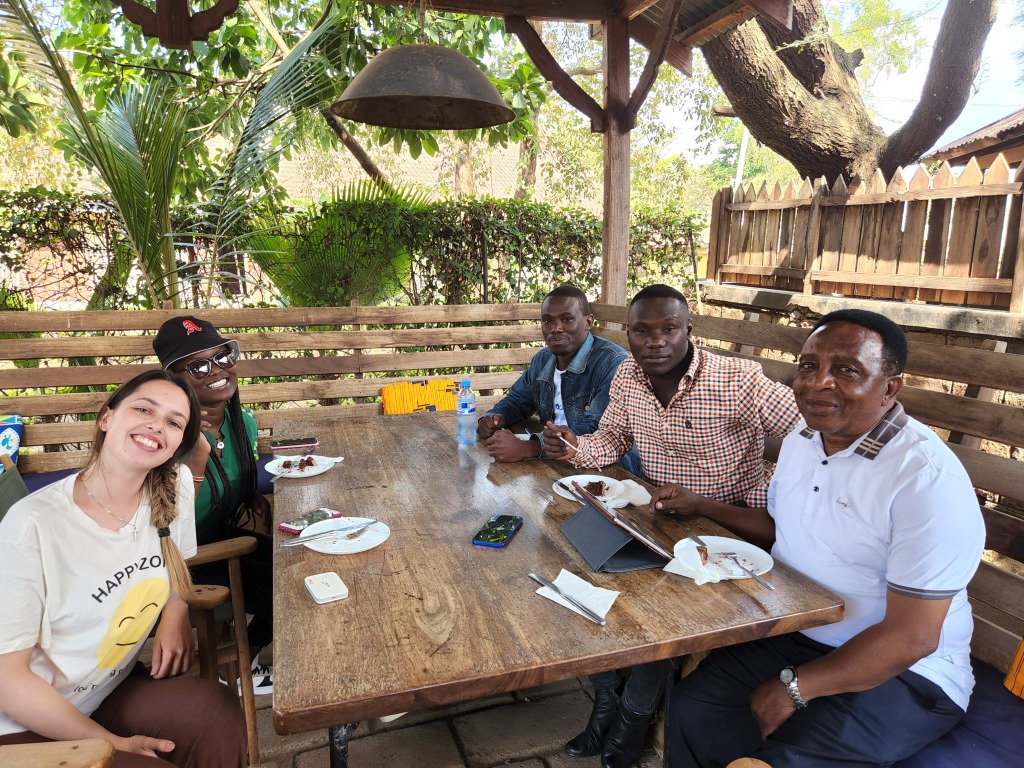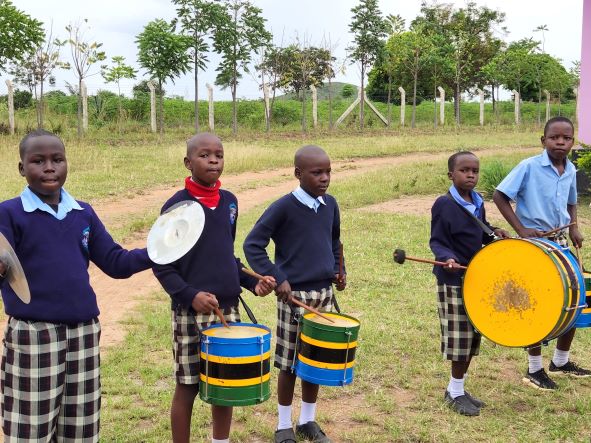The Last Month – Leadership and a Graduation Day
My time is coming to an end as I write. I am in my last week and it has been very busy since my visit to Gesarya in early June. I concluded six Saturdays since May in a leadership program attended by over 30 people. I started writing this blog five days ago and as I wrote I looked back on the last month and realised I would have to write a number of shorter blogs given how busy I have been. I am tired, essentially having worked six days weekly and Sunday here is hardly a day of rest with four hours at church generally.
As I reflected in my last blog, I have learned a lot and gained insight into training cross culturally. I cannot help but feel people who come short term to do training and other public events don’t really manage to connect. The last session was on change management, something completely foreign to people in the room.
I was able to get the message across about how much change they have experienced with a few simple photos – of a bowl of water over a charcoal fire being boiled for tea, a thermos and a gas stove top and electric kettle. Cheap Chinese exports have made a huge difference to life here. Many people in town now have a two burner gas stovetop cooker that can be purchased for less than $200. Talk about time saving devices. But the electric kettle is even better as you don’t need to put the tea or hot water in the thermos – you just boil water as needed (provided there are no power outages).

This means no collecting firewood, no pollution from cooking on an open flame and reduced costs. The hostel here still boils water over an open fire so I was able to help the manager see that for 30,000 TZS ($18) she could boil as much water as she liked and save 5,0000 TZS ($4) on firewood or charcoal. Not to mention the reduction in trees being harvested for firewood as well as the environmental effects.
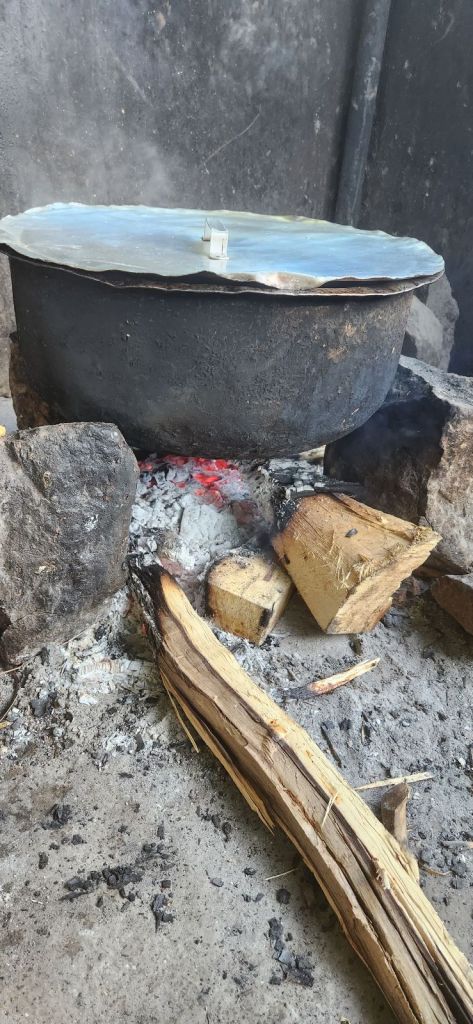
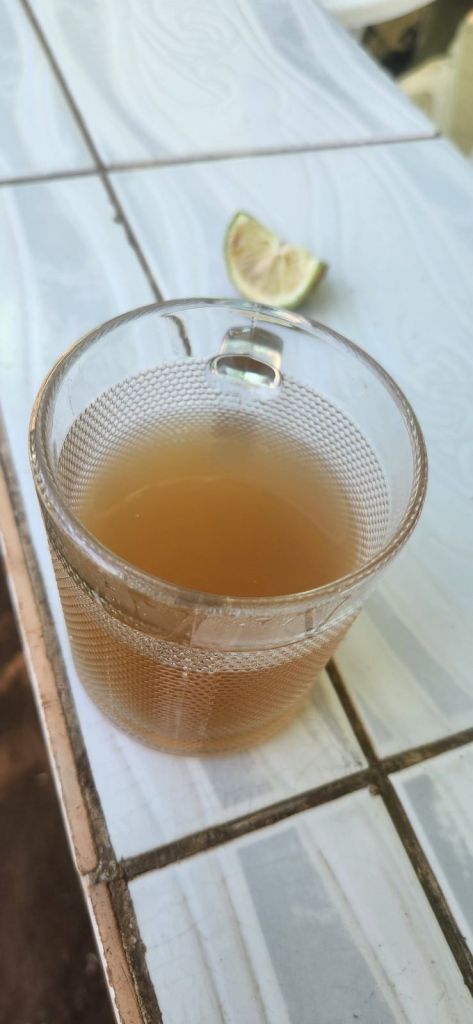
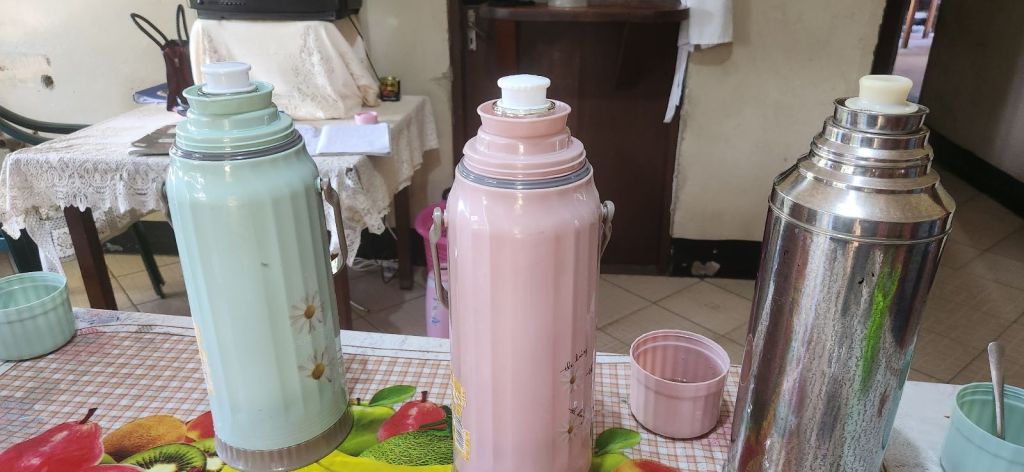
The assumption I started with was that Tanzanians were a nation of tea drinkers so when my cup of tea went up with the question “How has making a cup of tea changed since you were a child?” I was told by one person that they didn’t drink tea in his community. A lesson learned.
Bunda Bible College (BBC) held its thirteenth graduation on Saturday 10 June. Unlike last year I was able to take a backseat and assist with some logistics and ensure public relations were improved to highlight the supporters of the college. So in the end when it came time for presentations I was like the stage director up front telling people to stay still while a photo was taken as they received their diplomas and again when receiving their book packages (all graduates received a book pack for future use).
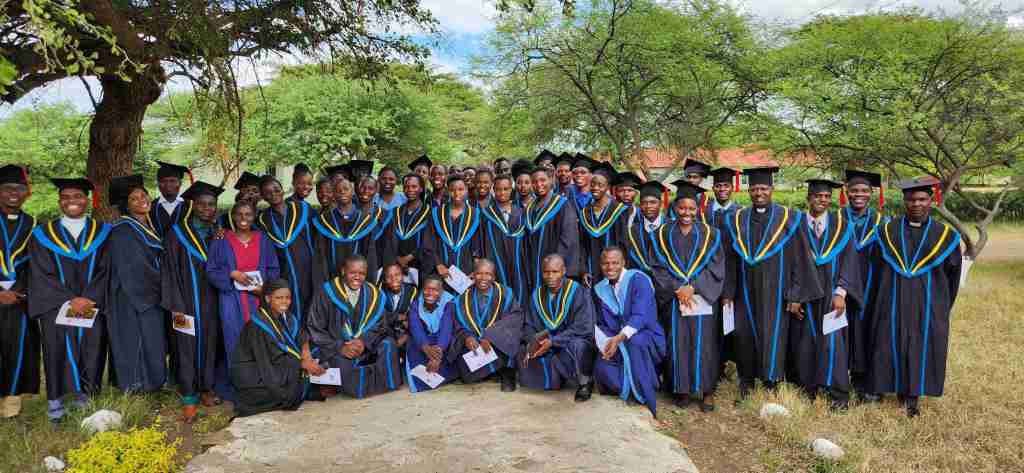
Two days prior I spent the day meeting with the distance students who undertake a two year program in their churches coordinated by BBC. I also interviewed a number to get stories for the book sponsor SparkLit Australia.
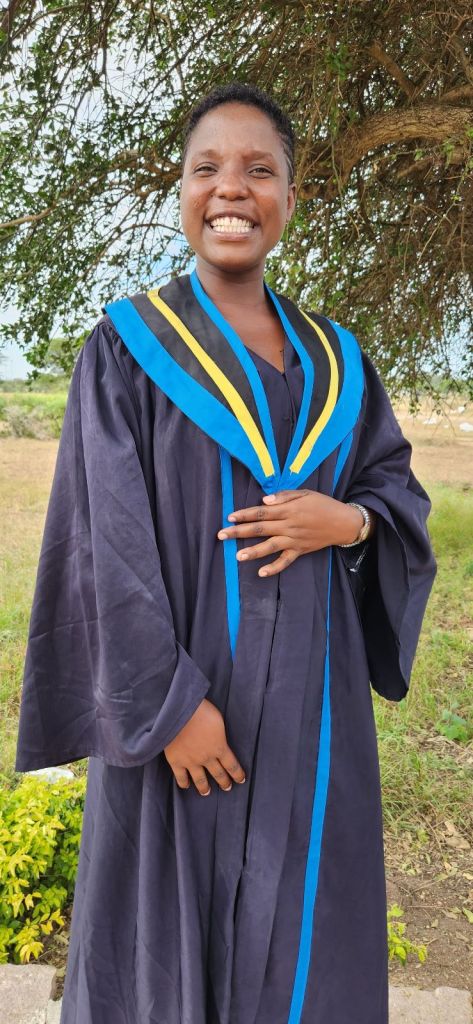
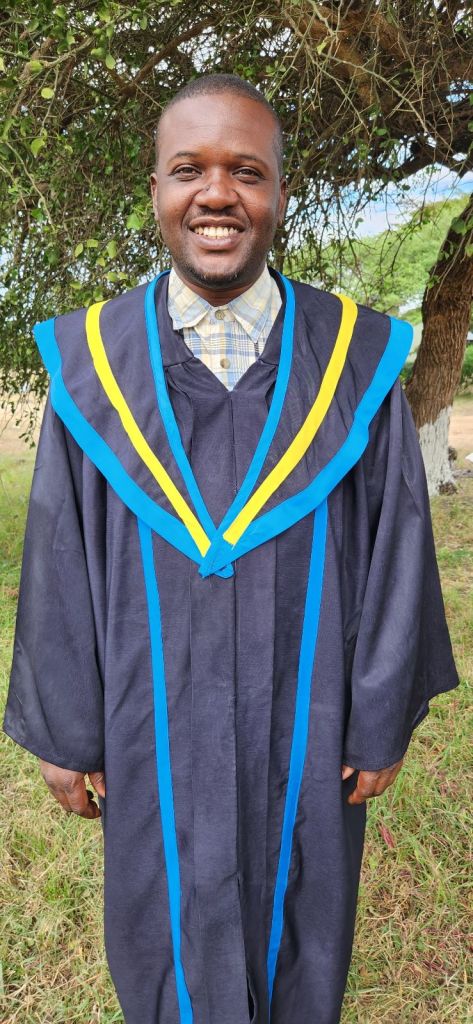
Hearing about the lives of individuals and how Christianity has changed them and given them purpose and meaning is never boring. A young girl who fled from her family during the cutting season found refuge in a church where she lived with the pastor for a week after fleeing home having been tipped off by her aunt that this was the day. At 14 years of age she had seen and heard a lot, heard about options in school and fled for her life. She ended up undertaking the extension course and wanted to be a pastor in order to help her community.
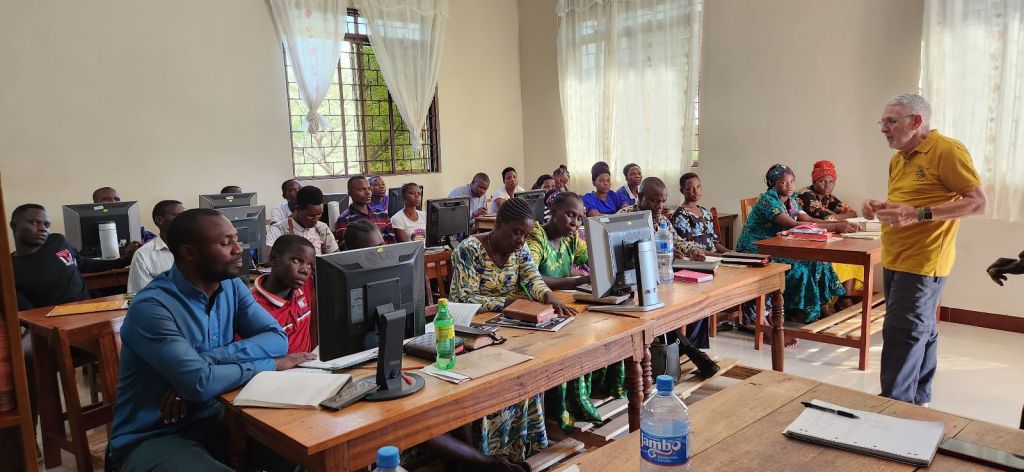
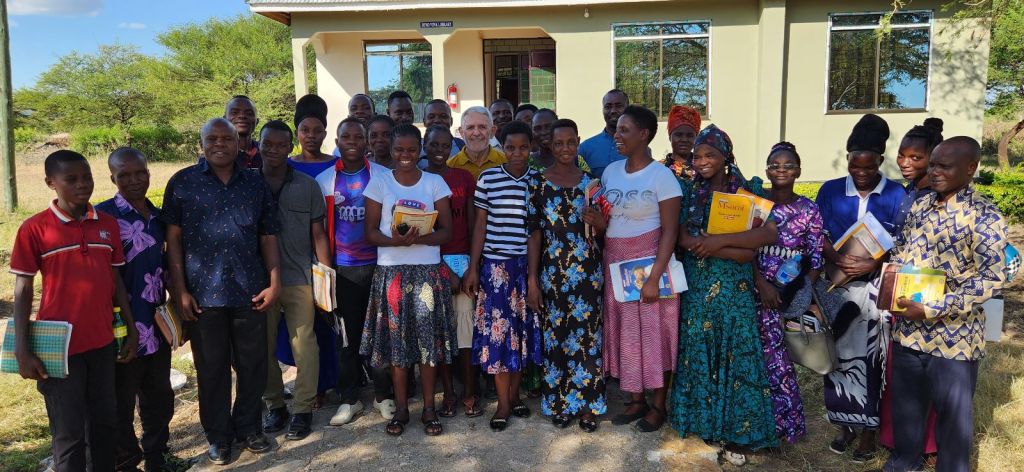
My job for the day in addressing the group of 25 who were at the college for a two week residential prior to graduation was to talk about planning, economics of going into ministry and practical things about governance. All in all well received and appreciated by the students. Imagine my surprise when at the end I was asked to set two questions for the exam they would do the next day! I obliged but declined the offer to mark as the exam is in Swahili.
Having arrived on Thursday travelling down with two other staff to Bunda, I planned to stay overnight with young Nguti, the IT guy who was doing some preparatory work at BBC and also the two schools. Basically I had arranged with the travel group to bring in 28 mini desktop computers which would replace the aged PCs at BBC. In order to make this all work, the old PCs were being transferred to Shalom and Bunda Girls Schools for a nominal cost which contributed to the screens required for the mini desktops. So while I was busy talking to students he was involved in his work, moving computers from BBC to Bunda Girls School next door.
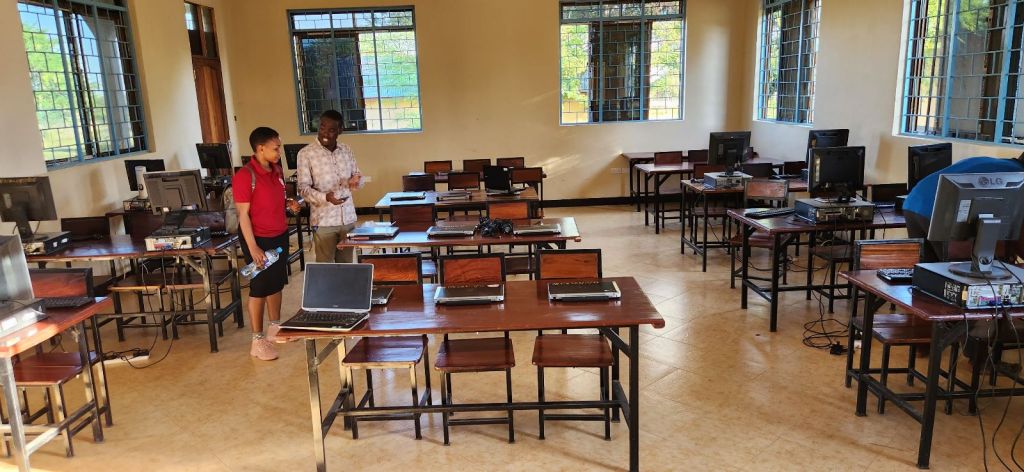
We stayed overnight in the house donated to the diocese and Friday morning I as usual made breakfast for us both – boiled eggs and toast. As we were eating as he bit into his toast he took the piece in his hand and said “What is wrong with this bread?” Looking at him and the “bread” and seeing nothing wrong it occurred to me he had never eaten toast in his 29 years. And I was right. So I showed him a toaster and how bread became toast. That incident has caused many laughs as I related it with someone wondering how a person who has been to university and lived in major cities had never experienced toast.
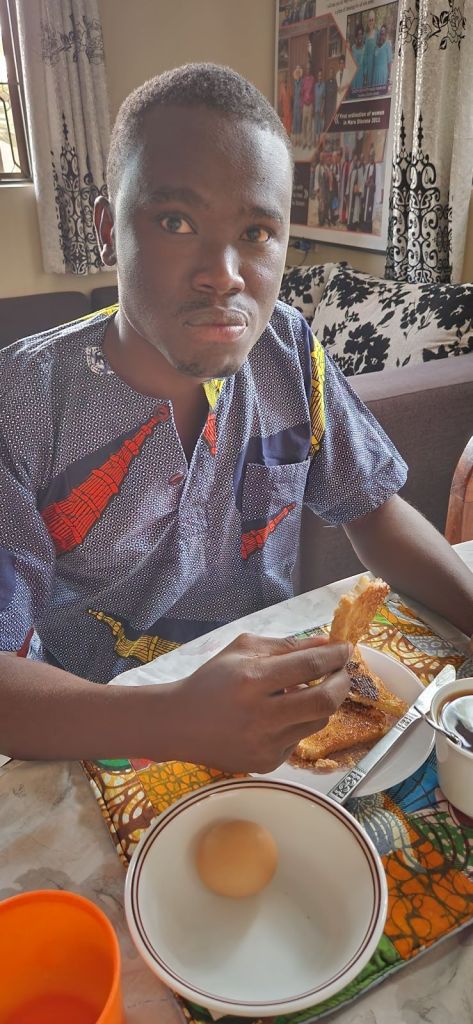
The Saturday afterwards was the third leadership workshop at Bunda. In the middle of school holidays the numbers were low but the participation was great and it was easier to work with a smaller group of people than the larger groups that had attended sessions one and two. Given the low numbers from Bunda I decided the last three would run at Musoma which saved me travel on Saturdays and meant only those who were really motivated would make the hour and a quarter journey each way from Bunda to Musoma.
The last two Saturday workshops went well. The session on communication was well received especially the activity called Chinese Whispers where a message is given and passed along a line of participants with the last participant telling the group what the message received is. We had two groups of nine and both groups had a different message at the end to the one communicated at the beginning. There were a lot of laughs as each message received was explained and compared to what I had provided. The laughter was particularly loud for the message received “Julius Nyrere was born in Butiama and went to school in Musoma. He walked 26 miles each week to attend school.” This became, Julius Nyrere was born in Butiama in 1922 and died in 1999.” The following week I repeated this twice. The second time because some suggested that doing it in English was the problem so I provided a message in Swahili and the same thing happened. The message in fact was more distorted and examining where it changed, it seems it was the first person to receive the message who changed one aspect of it.
In the end nineteen participants will receive a certificate to be presented at a farewell dinner two days prior to my departure.
| M | T | W | T | F | S | S |
|---|---|---|---|---|---|---|
| 1 | 2 | 3 | 4 | 5 | ||
| 6 | 7 | 8 | 9 | 10 | 11 | 12 |
| 13 | 14 | 15 | 16 | 17 | 18 | 19 |
| 20 | 21 | 22 | 23 | 24 | 25 | 26 |
| 27 | 28 | 29 | 30 | 31 | ||
